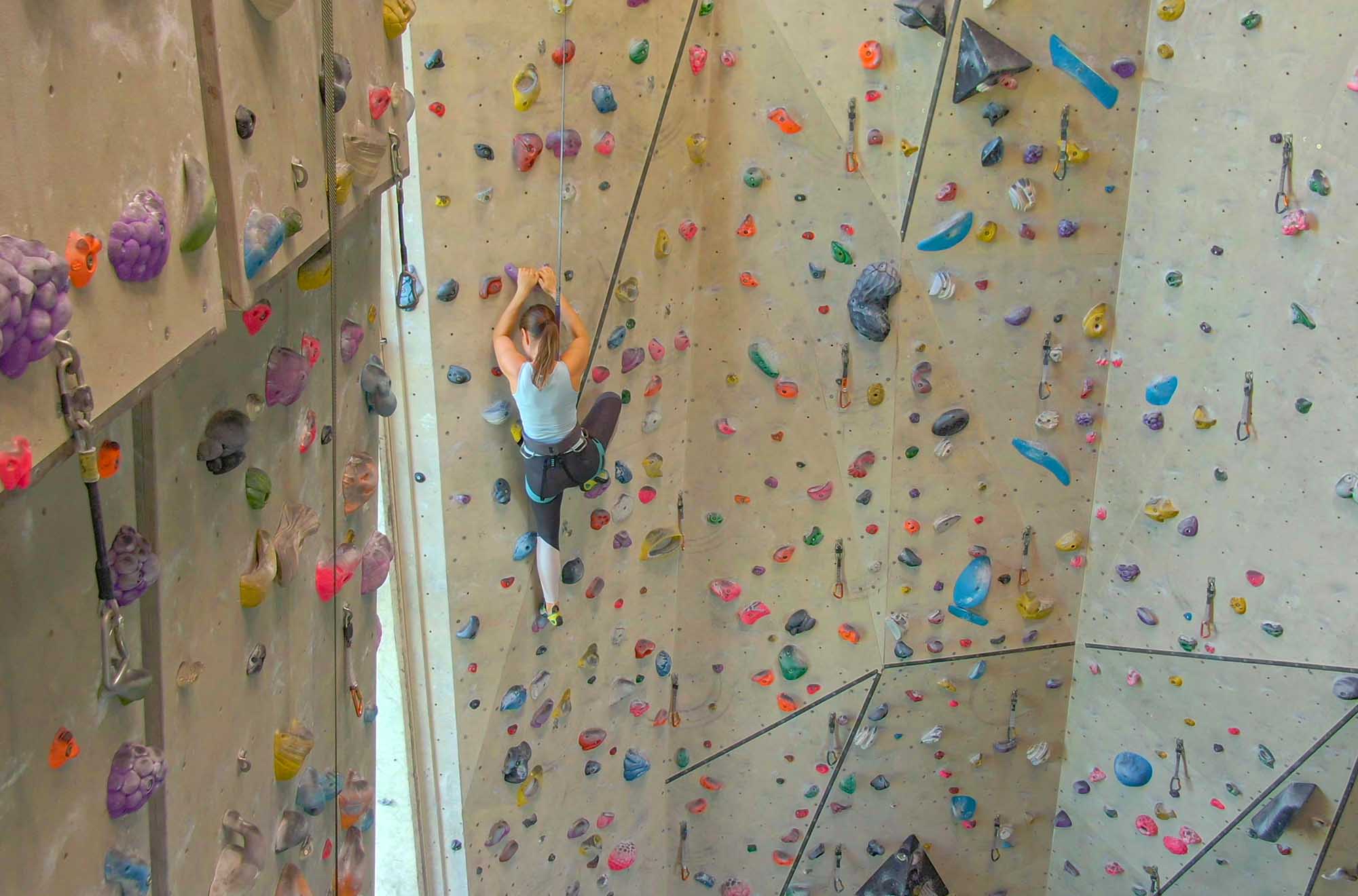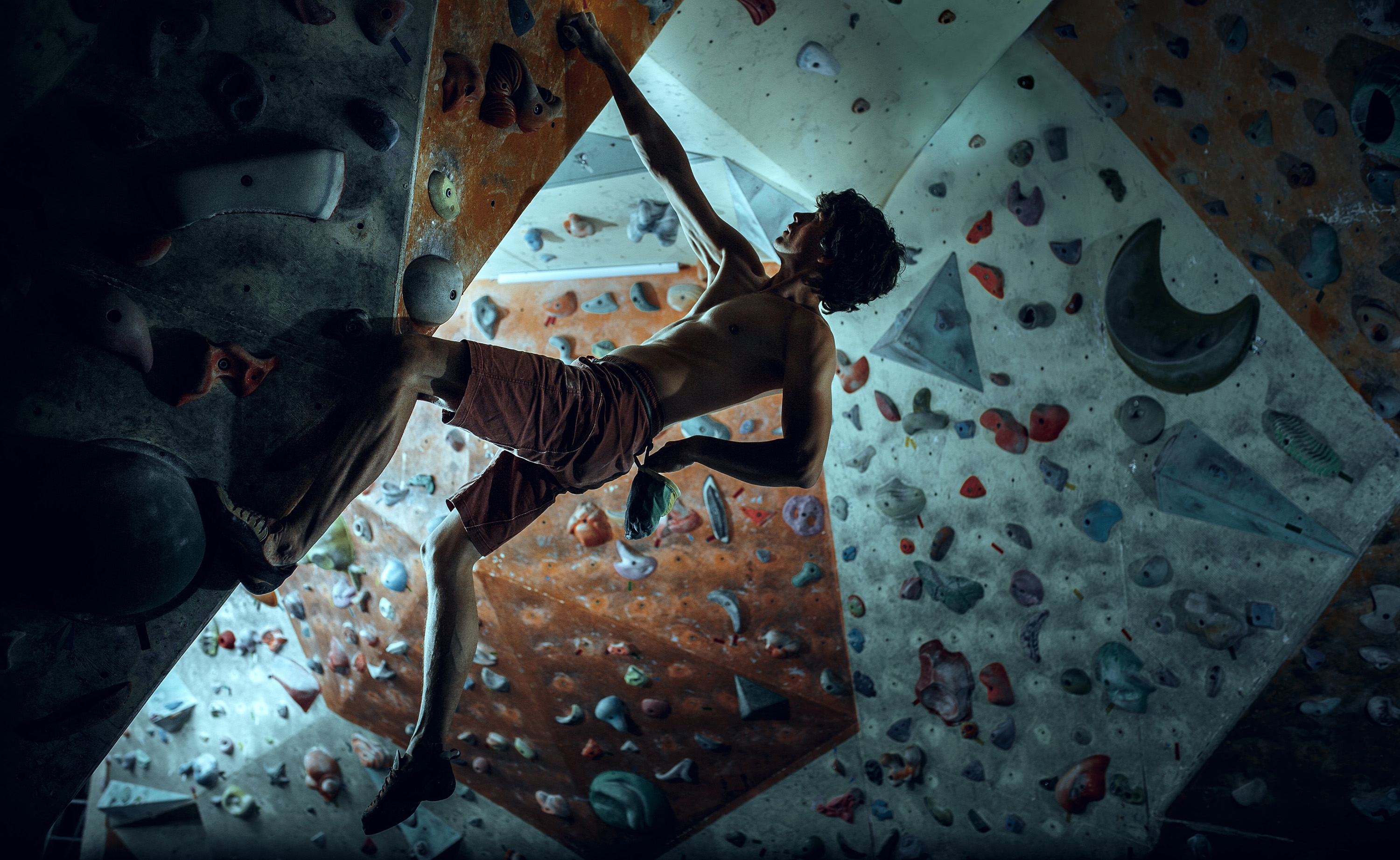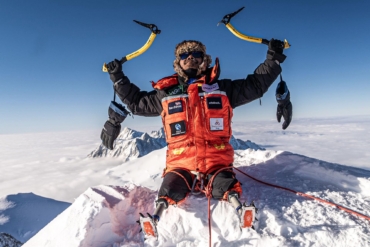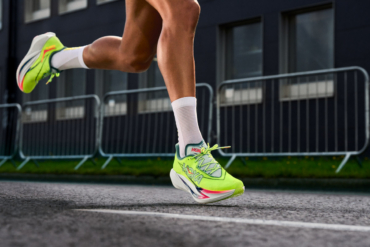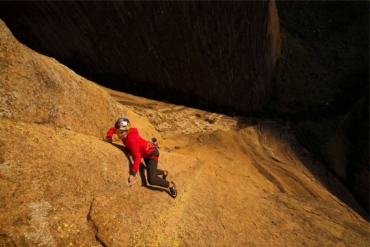A three-year lawsuit over an auto-belay accident has ended in a $6 million combined payout from the climbing gym and the auto-belay manufacturer.
Colorado-based C3 Manufacturing and Seattle’s Vertical World gym agreed to settle the lawsuit from climber Michael Vandivere, who took a 30-foot fall while using an auto-belay device on Aug. 1, 2019. Vandivere suffered several injuries, including pelvic fractures, lung injuries, bladder laceration, and a traumatic brain injury. C3 Manufacturing will pay $5 million, and Vertical World will pay out another $1 million, according to an August news release from the law firm representing Vandivere.
The settlement could have far-reaching consequences for climbing gyms, many of which have auto-belay devices that allow climbers to scale and descend tall walls without needing a human belayer. However, all three sides of the dispute — climber, gym, and manufacturer — remain in conflict about what actually happened and who is responsible.
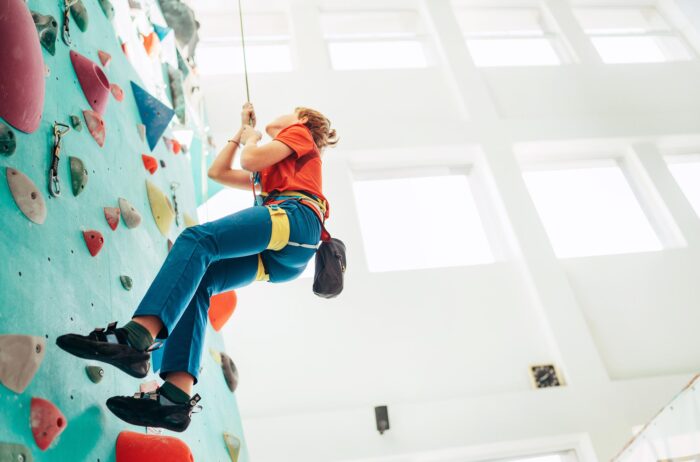
A Prolonged Legal Battle
According to Vandivere’s legal team at Pfau Cochran Vertetis Amala Attorneys at Law, he was injured because of a faulty device and poor gym procedures.
The incident was “caused by a combination of factors, including alleged defects with the auto-belay device, improper supervision by Vertical World staff, and inadequate training for climbers by Vertical World,” the law firm said in the news release. “Despite using the device properly, the climber fell when the auto-belay device failed to function as intended.”
Vandivere’s injury occurred while using a Perfect Descent auto-belay device. C3 Manufacturing issued a recall for about 1,100 of those devices in March 2020, stating that the faulty devices “can loosen and can cause slack on the rope, allowing the climber to fall.” The company reported no injuries as a result of the problem.
Moreover, during the lawsuit, a judge fined the company $300,000 for withholding evidence. Vandivere’s attorneys said their investigation uncovered a history of defects with the Perfect Descent devices dating back to 2015.
“While this settlement cannot undo the harm that was done, it sends a clear message that safety and accountability must be paramount in such recreational facilities,” Darrell Cochran, one of Vandivere’s attorneys, said in the release.
Climbing Gym Still Questions What Happened
However, the managers at Vertical World said the law firm’s version of events is “incomplete, misleading, and incorrect in several fundamental respects,” according to a public statement from Sept. 15.
They take issue with the suggestion that their gym’s procedures were partly responsible for what happened to Vandivere. Founded in 1987 in Seattle, Vertical World became the country’s first climbing gym. Its founder and owner, Rich Johnston, was also a founding member of the Climbing Wall Association and made sure his gym followed its recommendations for industry practices.
Johnston and Vertical World (VW) contend that the lawsuit never actually proved any negligence in their practices — or that the auto-belay device was responsible for Vandivere’s fall.
“After extensive testing, neither VW nor investigators hired by either side’s law firm was able to gather any evidence of a malfunction or device failure,” Vertical World said in its statement. “There were recalls on C3’s devices over the years, and every notice VW received was promptly handled.”
As for the $1 million payout, that was a decision made by Vertical World’s insurer — which gym management opposed. They will also stop using the auto-belay devices from C3 Manufacturing.
“It is unfortunate that a small family business that operates in good faith has become entangled with a device manufacturer that kept information from its clients,” Vertical World said in the statement. “Because of the bad faith of C3 manufacturing, VW has removed all C3 brand auto belays from their facilities. They will be replacing them promptly with a trusted brand.”
For the moment, C3 Manufacturing’s Perfect Descent auto belay — the one used by Vandivere — remains the official equipment for World Cup competitions held by the International Sport Climbing Federation (IFSC).
